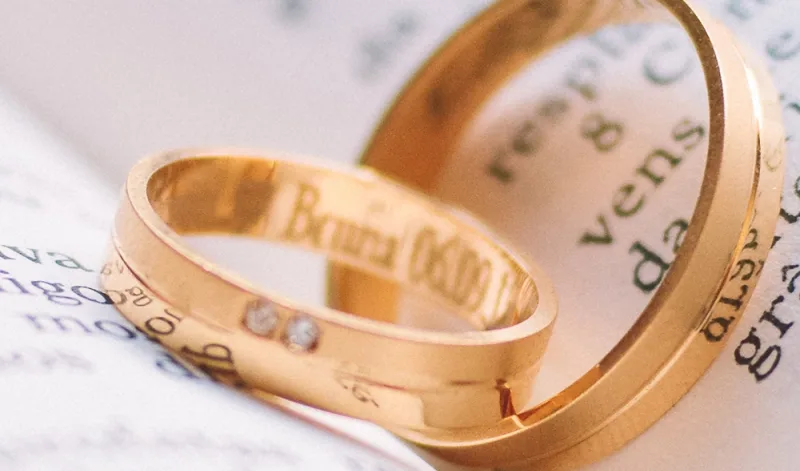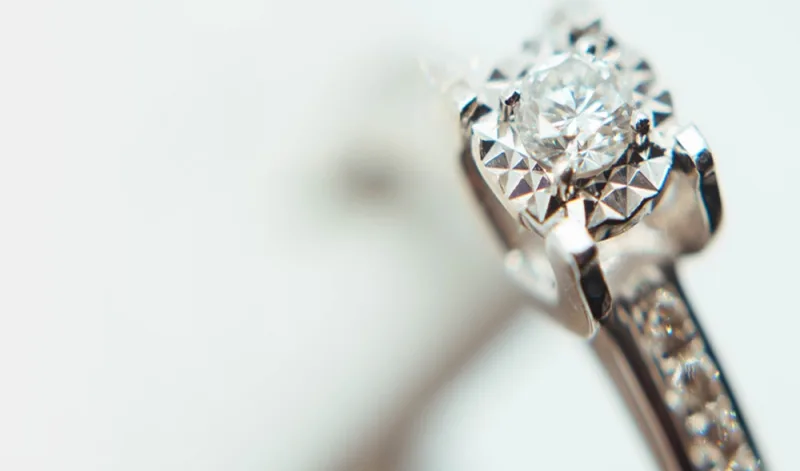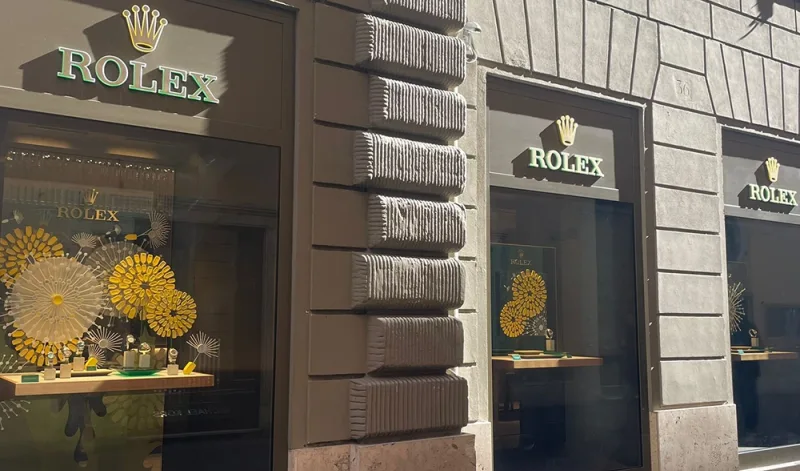Many people prefer to own their own second home rather than renting out a holiday home for their annual holidays. Buying your own second home gives you flexibility. You don’t have to worry about whether or not a holiday home is booked out during the busy peak season. You don’t have to worry about travelling arrangements to any unknown and un-tried holiday destination. You know you’re going to be comfortable in your own second home – confident in the knowledge it will be available, accessible and exactly to your own personal tastes. Many people who invest in holiday timeshares or often disappointed by the accommodation quality. Properties that are rented out rarely share the same quality as those which are lovingly cared for my second home owners. Second homes are likely to be available to use, left clean and tidy, better furnished, more secure and decorated tastefully.
So if you’re planning to buy a second home in the United Kingdom for the first time, one of the first jobs you will have to do is to produce a full budget of the initial costs and outlays involved. The complexity and difficulty of this job will depend upon the type of second home you’re planning to buy. For most people the type of costs involved will be similar to a normal residential purchase. However for those planning to let out the new second home or redevelop an old dilapidated property, budgeting can be a bit more tricky.
The largest costs involved in buying your new second home will be the mortgage deposit, stamp duty, solicitors fees, the valuation fee, survey fees and fixtures and fittings. Almost day one your ongoing costs will also have to include your second home insurance and council tax. Council tax may be reduced if you are a registered second homeowner. If you’re planning to let out the property you will need to budget for any property management or letting agent fees. These may include the cost of advertising your second home rental purposes. In addition you must build into the profit loss account your periods of unoccupancy which will reduce your rental income streams and may create cash flow problems if you’re monthly mortgage costs rise.
When buying a second home it was prudent to pay for a full survey rather than just a homebuyer’s report, particularly for older properties. This will identify any risks associated with the investment and actions required to rectify any urgent maintenance issues. Don’t forget to take into account they mortgage lenders fee when you buy a second home. Some lenders refer to it as a start-up fee or an application charge associated with processing the mortgage. Sometimes this cost will be built into the overall interest charges. However these deals are now few and far between.
Since the restriction of mortgage finance in the UK financial system, mortgage lenders have demanded huge deposits (in order to avoid lending money to potential defaulters). Typically the average deposit on a second home is now 25% – way beyond the average savings levels of most first-time buyers or amateur landlords. However for the growing number of middle-aged individuals who have built up equity in their existing residential homes, the ability to extract monies for the deposit for a second home exists. The deposit will need to be transferred on the day of exchange by your solicitor or conveyancer. The typical gap of a week or two between exchange and completion gives the solicitor’s a chance to check all of the contracts details before completion day.
Your mortgage lender will provide the bulk of the money to buy the second property. At this point you’ll become legal owner of the building. Recently second homeowners who owned overseas properties in Spain have found that mortgage lenders based in Spain are quite comfortable chasing UK residents who have failed to keep up with their mortgage payments. Not only do you risk losing your second property but you also lose your mortgage deposit (and assets linked to it) if you fail to keep up mortgage payments associated with it.
It’s important you plan ahead for the future to have some long-term financial goals. In all the excitement of buying your second home you may have barely given a moment’s thought to how you plan to sell it or give it to your descendants. There are inheritance tax indications to consider along with the practical implications of setting up a will (if you’re planning to leave it to your children or other relatives). If you’re an investor and plan to sell the property after a healthy period of capital growth, you will need to understand the capital gains tax implications and how they may impact your overall net profit.
Lastly many people buy a second home in order to plan for their quiet retirement. Although it’s difficult to visualise a day when you’re ill health might mean your incapable of climbing stairs or mending a leaking roof, consider the type and location of your property. Is it close enough to local health services, doctors surgeries or hospitals? Are you planning to retire in the property and if so are you capable of maintaining it if your health were to deteriorate? How close your nearest relatives family help and support? There are many other questions to consider before you take the plunge – to take lots of time to consider all the pros and cons.





























